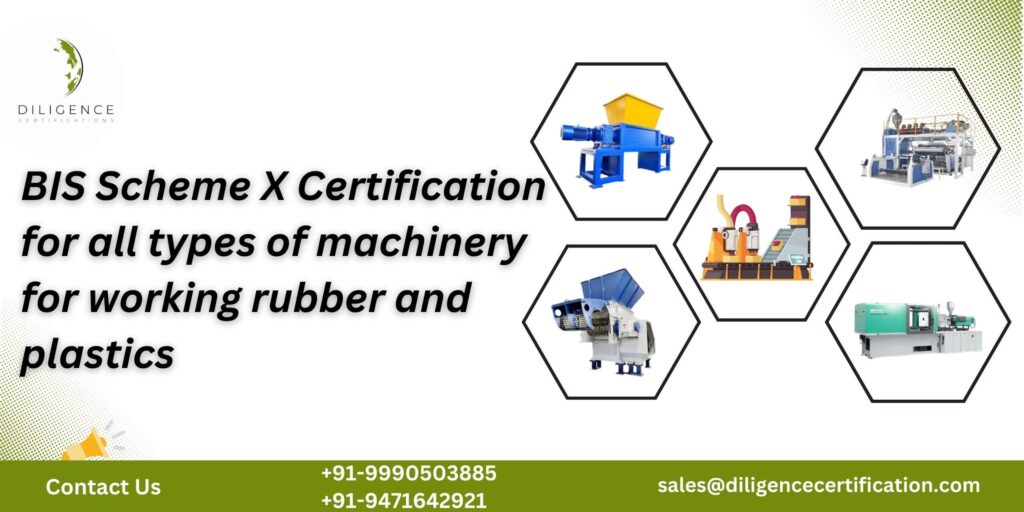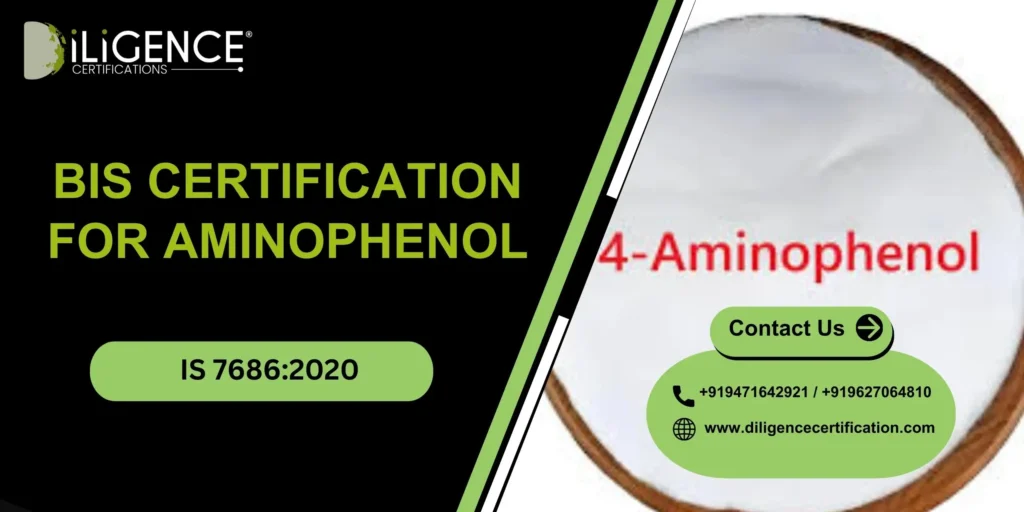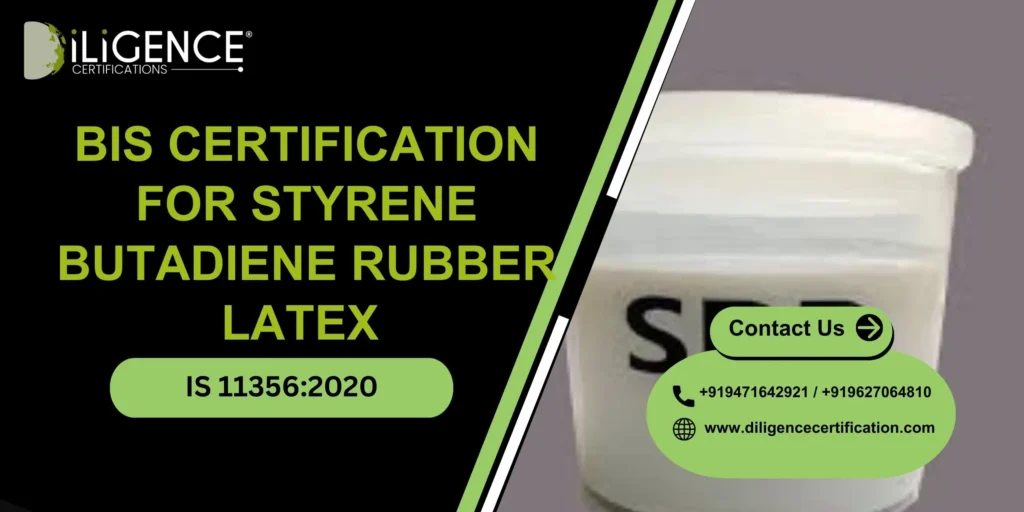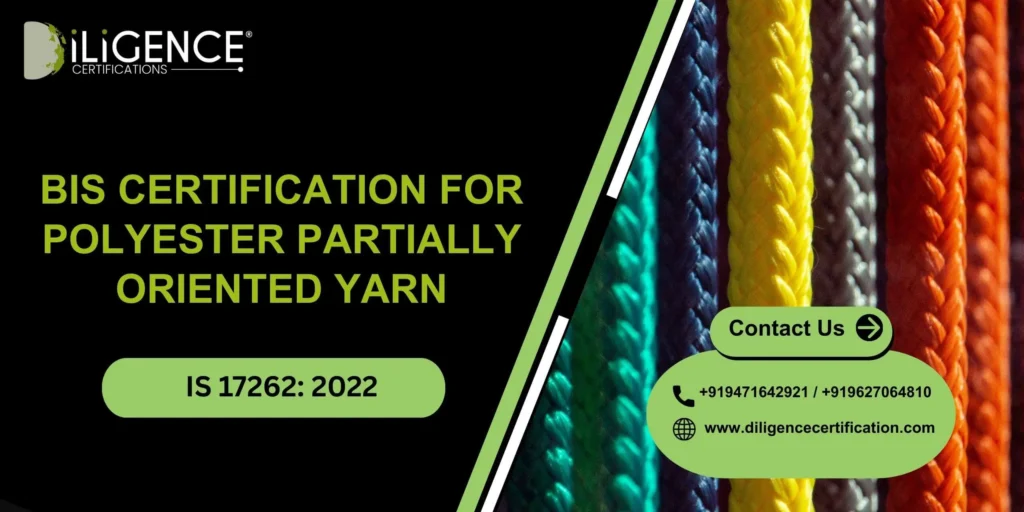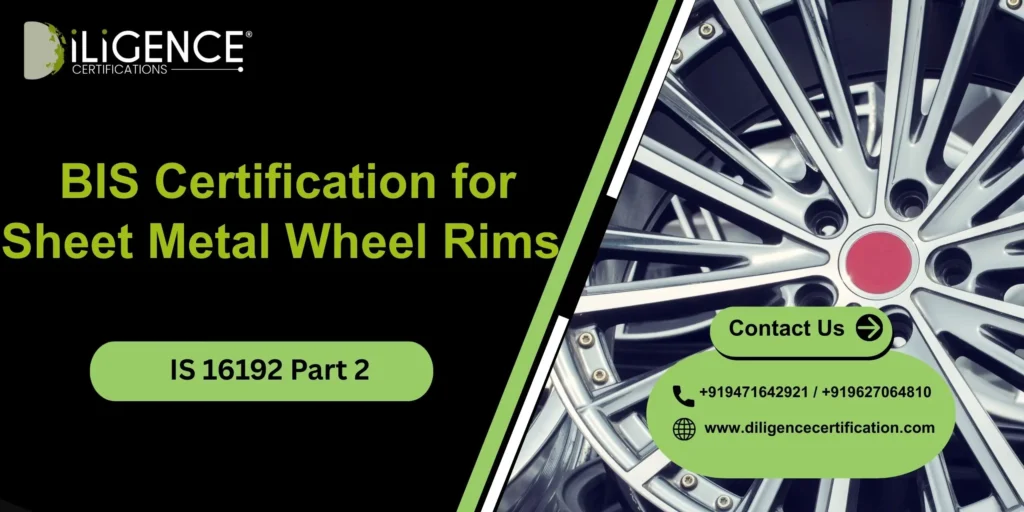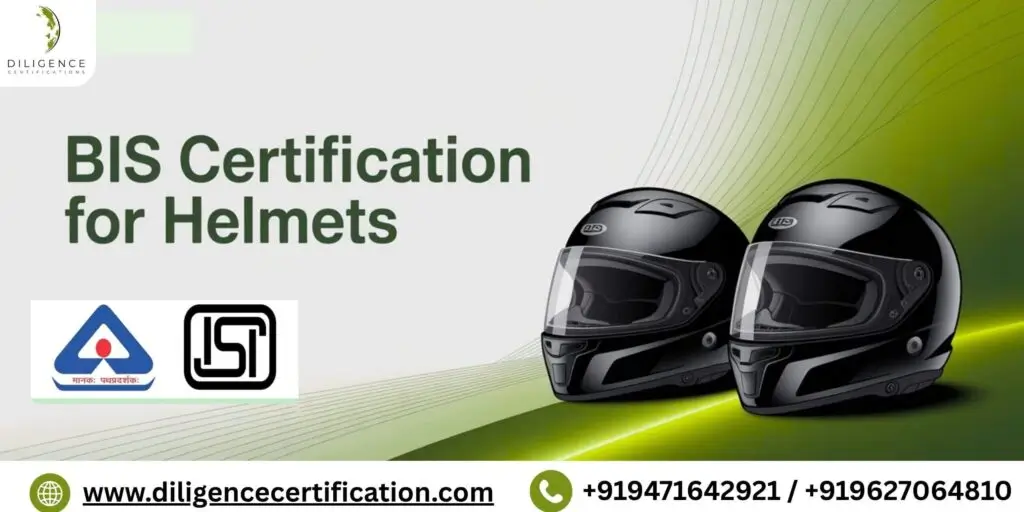- Mandatory under BIS Scheme X as per Quality Control Orders (QCOs).
- Applicable to injection molding, blow molding, extruders, and mixing mills.
- No factory inspection required—certification is based on lab testing.
- Ensures machine safety, quality, and regulatory compliance.
- Required for manufacturers, importers, and OEM suppliers.
- Non-compliance leads to product seizure, fines, and legal penalties.
- Valid for 1 year, renewable with updated reports.
- Essential for government tenders and large-scale industrial supply chains.
Introduction
With India’s focus on standardizing industrial equipment, BIS (Bureau of Indian Standards) has made it compulsory to certify rubber and plastic machinery under Quality Control Orders (QCOs). These machines play a vital role in sectors such as automotive, construction, packaging, and consumer goods.
In India, the Bureau of Indian Standards (BIS) plays an important role in ensuring the quality and safety of products and services, including industrial machinery. The certification ensures that products are in accordance with national standards, thus ensuring the safety, reliability, and performance of the product. Among different types of industrial machinery machinery used for working on Rubber and plastic machinery should also undergo BIS certification under Scheme X. It also covers machinery, assemblies, sub-assemblies, and components.
Machineries of Rubber and Plastic Processing is import in many industries including automotive, packaging, construction, and consumer goods manufacturing. These machines require the highest safety and quality standards to guarantee proper functioning and reduce operational hazards. The certification ensures that such machinery empowers its manufacturers and users with confidence that the equipment meets the highest standards for safety and performance.
Importance of BIS certification for Rubber and plastic machinery
BIS certification reflects the usefulness of the machinery for rubber-working and plastics-working areas. It plays an important role in ensuring that all the machinery employed in the processing of rubber and plastics comply with BIS standards in
- Protection of products further by assuring safety and reliability
- Reducing hazards during operation
- Increasing market acceptance with credibility
- Ensuring Indian law compliance
- Raising customer confidence in machinery quality
- Making imports and exports a trouble-free task
- Reducing the risk of rejection of products in the domestic market
What Falls Under Rubber and Plastic Machinery?
This category includes a wide range of industrial machines, such as:
- Injection Molding Machines
- Blow Molding Machines
- Extruders
- Mixing Mills
- Calenders Rubber Sheeting
- Machines Granulators
These machines are used to process, shape, and form plastic and rubber materials into usable products and components.
Products Covered under BIS Certification for Rubber and Plastics Machinery
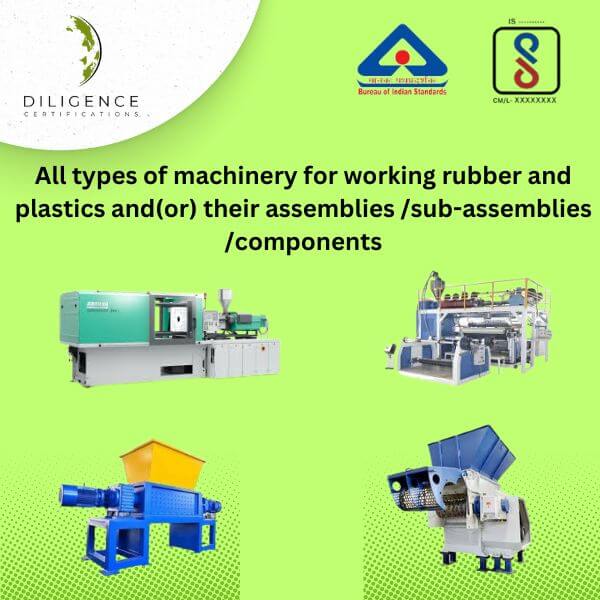
The following machinery and equipment parts are under BIS certification Scheme X:
- Injection molding machines.
- Extruders and extrusion lines.
- Blow molding machines.
- Rubber mixing mills and presses.
- Thermoforming machines.
- Calendering machines.
- Recycling machinery for plastics and rubber.
- Assembly, sub-assemblies, and components of these machines.
- Granulators and shredders for plastic waste recycling.
- Foam production and processing equipment.
- Film and sheet forming machinery.
- Lamination and coating machines.
Why Is BIS Certification Mandatory?
The Government of India, under the BIS Act 2016, has made certification for these machines mandatory through QCOs to:
- Prevent the use of substandard and unsafe machinery
- Improve energy efficiency and performance
- Raise product quality across sectors
- Control imports of non-compliant products
- Ensure the safety of workers and factory environments
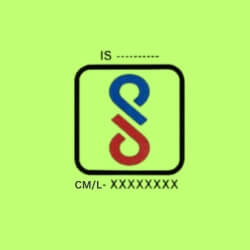
Any rubber or plastic machinery sold in India after the QCO enforcement that is not certified is considered illegal and subject to penalties.
BIS Certification Process for Rubber and Plastics Machinery
Getting certification for machinery working on rubber and plastics follows a well structured process as mentioned below:-
1. Application submission
- Manufacturers need to apply through the Manak Online BIS portal.
- The application should also include the product details, specifications, and other essential documents.
2. Product Testing
- Machinery and its parts are subjected to tests at BIS-approved laboratories.
- According to applicable Indian Standards (IS codes), the tests are done to ensure that they comply with the same.
- Common tests include durability tests, material safety assessments, mechanical strength tests, and operational checks.
3. Factory Inspection
- On-site inspection of the manufacturing facility is conducted by BIS officials.
- Production quality, BIS requirements for raw materials, and production itself are evaluated.
- Workforce Education, Manufacturing Protocols as well as Supply Chain Reliability are also included in catching consideration.
4. Grant of BIS certification
- BIS provides certification license after verification succeeds.
- The manufacturer can now use the ISI mark for all certified machinery and components.
5. Surveillance and Renewal
- Periodic audits will ensure the continuing compliance of the manufacturer and its products with BIS standards.
- Such certification is renewable over a given time.
- Any failure to comply or deviation from the BIS norms may lead to suspension or cancellation of the certification.
Applicable Indian Standards
| Machinery Type | Indian Standard Code |
|---|---|
| Injection Molding Machine | IS 13360 |
| Rubber Mixing Mill | IS 14295 |
| Extruder Machines | IS 16655 |
| Blow Molding Machine | IS 14625 |
BIS Scheme X: The Certification Pathway
For rubber and plastic machinery, BIS Scheme X is applicable. Unlike Scheme I (ISI Mark), Scheme X does not require factory inspection and is based on:
- Product testing
- Technical documentation
- Self-declaration of conformity
This streamlines the process, especially for industrial machinery where mass production is not always applicable.
Documents Required for BIS Scheme X Certification
To obtain BIS certification under Scheme X, manufacturers have to submit the following requisite documents:
- Company registration proof
- Factory layout and licenses
- Specifications or drawings of products
- Quality Control Reports
- Test Reports of BIS-approved laboratories
- Authority Letter (where applicable)
- Manufacturing process flowchart
- Details of raw materials and suppliers station
Benefits of BIS Certification for Machinery Manufacturers
- Legal eligibility to sell in India
- Improved brand reputation and trust
- Access to government contracts
- Increases export readiness
- Ensures buyers of compliance and safety
Cost of BIS Certification
The cost for BIS certification for machinery for working on rubber and plastics varies depending on:
- Type and complexity of machinery
- Product testing fees
- Factory inspection charges
- BIS licensing fees
- Compliance documentation and consultation fees
Role of an Authorized Indian Representative (AIR)
Every foreign manufacturer is obliged to appoint an Authorized Indian Representative (AIR). The AIR will function as the point of communication between the manufacturer and the Bureau of Indian Standards (BIS). The AIR will carry out the certification, compliance with Indian regulations, testing of products, inspections of factories, and maintenance of relevant documents.
Challenges in BIS Certification for Rubber and Plastics Machinery
Though BIS certification is a necessary partner for manufacturers, they often run into challenges like
- Complex compliance requirements,
- Delays in product testing and lab approvals,
- Strict requirements for inspection of factories,
- Heavy testing and certification costs, and shifts in regulatory updates with evolving standards.
To effectively deal with these challenges, manufacturers engage the services of professional certification consultants like Diligence Certification.
How Diligence Certification Can Help
Diligence Certification guides manufacturers through the entire cycle of certification relating to rubber and plastics machinery. Our expert services include:
- Application and document support
- Pre-certification compliance assessment
- Product testing coordination
- Factory inspection preparation
- Post-certification compliance administration
- Renewal and surveillance audit help
- Consultancy services on regulatory changes affecting certification
Conclusion
BIS certification for machinery dealing with rubber and plastics material is a prerequisite for regulatory compliance, as well as building credibility in the Indian market. Such certification must be realized to manufacturers with the right guidance from Diligence Certification so that they may have a smooth and hassle-free process on the actual certification.
That is why, for expert assistance in certification, contact Diligence Certifications today! The team is committed to ensuring that you acquire the necessary compliance during the process, effortlessly and efficiently.
Frequently Asked Question
Is BIS certification mandatory for imported plastic machinery?
Yes, any plastic or rubber processing machine imported into India must comply with BIS regulations post-QCO enforcement.
How long does the BIS Scheme X certification take?
Typically, the process takes 30–45 working days if documents and testing are complete and error-free.
Can one BIS license cover multiple machines?
No. Each machine model or variant must be certified separately if they differ in specifications or function.
Do foreign companies need a local agent?
Yes. Foreign manufacturers must appoint an Authorized Indian Representative (AIR) to apply for BIS on their behalf.
How often should the machinery be retested?
Every year, test reports must be updated and submitted during license renewal under BIS Scheme X.
Can foreign manufacturers apply for BIS?
Yes, but they must appoint an Authorized Indian Representative (AIR) to handle the application locally.
What’s the costliest part of BIS certification?
Testing and inspection logistics, especially if labs request multiple samples or remote site visits.
Do I need to certify each machine variant?
Not always. BIS allows family grouping for similar models with minor configuration differences.
Are there any exemptions from BIS registration?
No, if your product falls under CRS, there are no legal exemptions unless specifically notified.
What happens if I sell without BIS certification?
Customs can seize imports, local sales can be banned, and penalties up to ₹1 lakh apply under BIS Act.

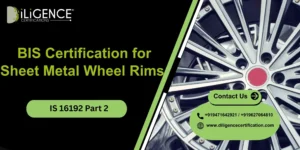
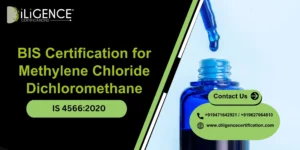
 BIS Certification
BIS Certification
 CDSCO
CDSCO
 CPCB
CPCB
 LMPC
LMPC
 WPC Approval
WPC Approval
 Global Approvals
Global Approvals
 TEC
TEC
 ARAI
ARAI
 BEE
BEE
 ISO Certification
ISO Certification
 Drone Registration
Drone Registration
 NOC For Steel
NOC For Steel



















 Business Registration
Business Registration














 Legal Services
Legal Services
 Trademark Registration
Trademark Registration
 Copyright Registration
Copyright Registration
 Patent Registration
Patent Registration
